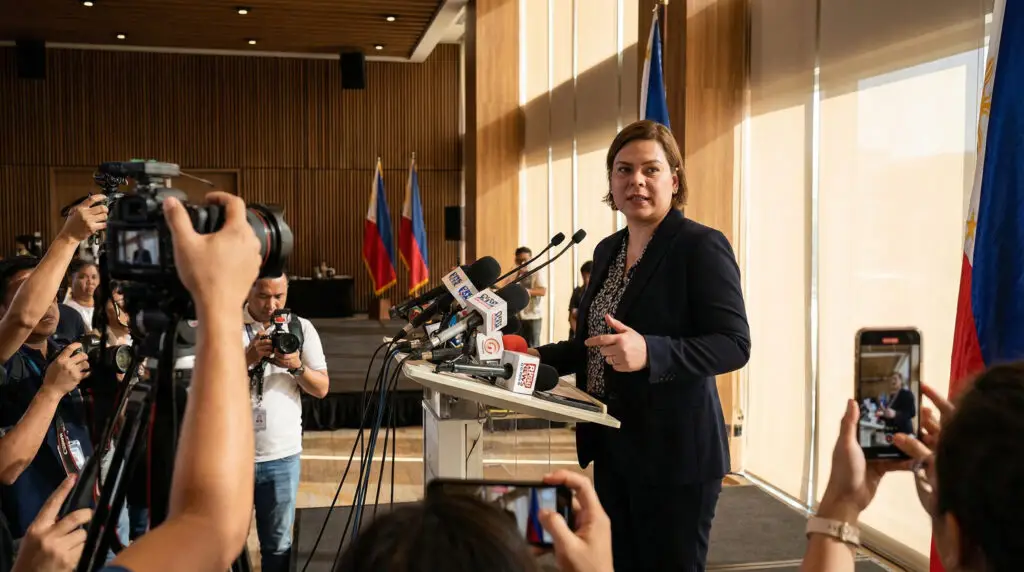A Global Framework for AI Regulation Is Urgently Needed
The rapid rise of artificial intelligence has prompted urgent calls for global coordination. This week, Doreen Bogdan-Martin, head of the United Nations’ International Telecommunication Union (ITU), warned that a fragmented approach to regulating AI could intensify global inequalities and increase systemic risk.
Speaking to Agence France-Presse, Bogdan-Martin stressed that “the absence of a coordinated global approach” to AI oversight could lead to serious geopolitical, economic, and social consequences. She emphasized that the technology’s exponential growth is far outpacing current regulatory frameworks.
UN Pushes for a Coordinated Global AI Strategy
Bogdan-Martin has emerged as one of the most prominent international voices advocating for cohesive AI governance. As head of the ITU—the UN’s key agency on digital issues—she has led efforts to rally governments, tech companies, and civil society around responsible AI deployment.
She said the need for global AI standards is “more urgent than ever,” noting that the current patchwork of national laws and policies leaves dangerous gaps. Without a shared framework, nations risk building incompatible systems that further divide the digital world.
AI Development is Moving Faster Than Regulation
One of the UN’s key concerns is that AI development is accelerating faster than policymakers can react. Bogdan-Martin pointed out that recent breakthroughs in generative AI, including large language models and multimodal systems, are already being adopted in sensitive sectors such as education, defense, finance, and health.
She warned that without guardrails, these technologies could be misused—whether through disinformation, surveillance, or bias—compounding societal harm and mistrust.
Rising Inequality Is a Central Concern
Beyond technical issues, Bogdan-Martin highlighted the risk of AI deepening existing inequalities. Advanced AI development is currently dominated by a few countries and private corporations.
If these systems are not built and deployed inclusively, they may reflect the values and priorities of only a small part of the global population, leaving many communities marginalized or excluded from economic benefits.
The US and Europe Take Divergent Approaches
While the UN calls for a unified strategy, major global powers are taking different paths. The European Union has already passed the world’s first comprehensive AI law, known as the AI Act, which categorizes AI systems by risk level and imposes strict requirements on high-risk applications.
In contrast, the United States has largely favored a market-led, decentralized approach, with President Joe Biden’s 2023 executive order serving as the most substantial national guidance so far. Some US lawmakers argue that regulation could stifle innovation.
Industry Response Is Mixed but Growing
Some major tech firms have joined voluntary international efforts such as the AI for Good Global Summit, hosted by the ITU. Others have published their own governance frameworks or signed on to responsible AI commitments.
However, critics argue that self-regulation is not enough and that only coordinated public policy can ensure transparency, safety, and accountability at scale.
What the UN Proposes Moving Forward
Bogdan-Martin has proposed the creation of a global AI governance body—something akin to the International Atomic Energy Agency, but for artificial intelligence.
Such a body could offer guidance, facilitate knowledge-sharing, and ensure that ethical and technical standards are upheld globally. She emphasized that inclusivity is key: developing countries must have a seat at the table to shape how AI is designed and governed.
A Call to Action for Governments and Industry
The message from the UN is clear: AI cannot be effectively regulated in isolation. As governments prepare for global AI summits and tech leaders race ahead with innovation, time is running out to establish the shared principles needed to govern the technology responsibly.
Whether the world answers that call remains to be seen—but the stakes have never been higher.
Read more: AI Coding Challenge Reveals “Not Pretty” First Results























